Question
Question: For which of the following molecules is significant \(\mu \ne 0\)? (A)  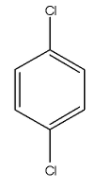 (B)
(B)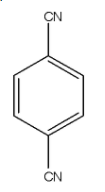 (C)
(C) 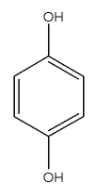 (D)
(D)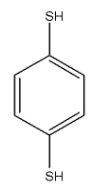
(A) Only (C)
(B) (C) and (D)
(C) Only (A)
(D) (A) and (B)
Solution
The dipole moment can be defined as a negative or positive charge multiplied to the distance between the centres of positive and negative charges. The direction of dipole moment is always toward the more electronegative atom. The dipole moment cancels out when the direction of the dipole moment is in the opposite direction.
Complete step by step solution:
The dipole moment can be defined as a negative or positive charge multiplied to the distance between the centres of positive and negative charges. It is denoted byμ. It is denoted by the arrow with its tail at the positive centre and head pointing towards the negative end:
(+↦−)
The dipole moment is directed towards the more electronegative atom.
Let us see all the options:
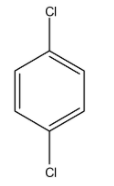
This compound is 1, 4-Dichlorobenzene. So, the chlorine is more electronegative atom than the carbon atom so the dipole moment will be towards the chlorine atom. So, both chlorines are in the opposite direction and the dipole moment will be cancelled out. Hence, it will have μ will be 0.
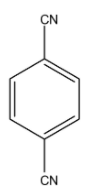
This compound is 1, 4-Dicyanobenzene. So, the carbon atom in the cyano group is more electronegative than the carbon atom of the benzene ring so the dipole moment will be towards the Cyano group. So, both Cyano is in the opposite direction and the dipole moment will be cancelled out. Hence, it will have μ will be 0.

This compound is Benzene-1,4-diol. There are two conformers of this compound.
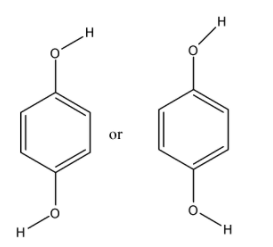
In these conformers both the groups are not in the opposite direction and the dipole moment will be towards the oxygen atom but it will not cancel out each other. Hence they will have μ=0.
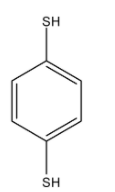
This compound is 1,4-Benzenedithiol. There are two conformers of this compound.
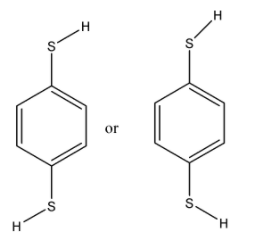
In these conformers both the groups are not in the opposite direction and the dipole moment will be towards the carbon atom but it will not cancel out each other. Hence they will have μ=0.
Therefore, the correct answer is an option (B)- (C) and (D).
Note: The determination of the dipole moment helps find the polarity of the molecule. The higher the dipole moment of the molecule, the higher is the polarity of the molecule. It can also be used in calculating the ionic character.
